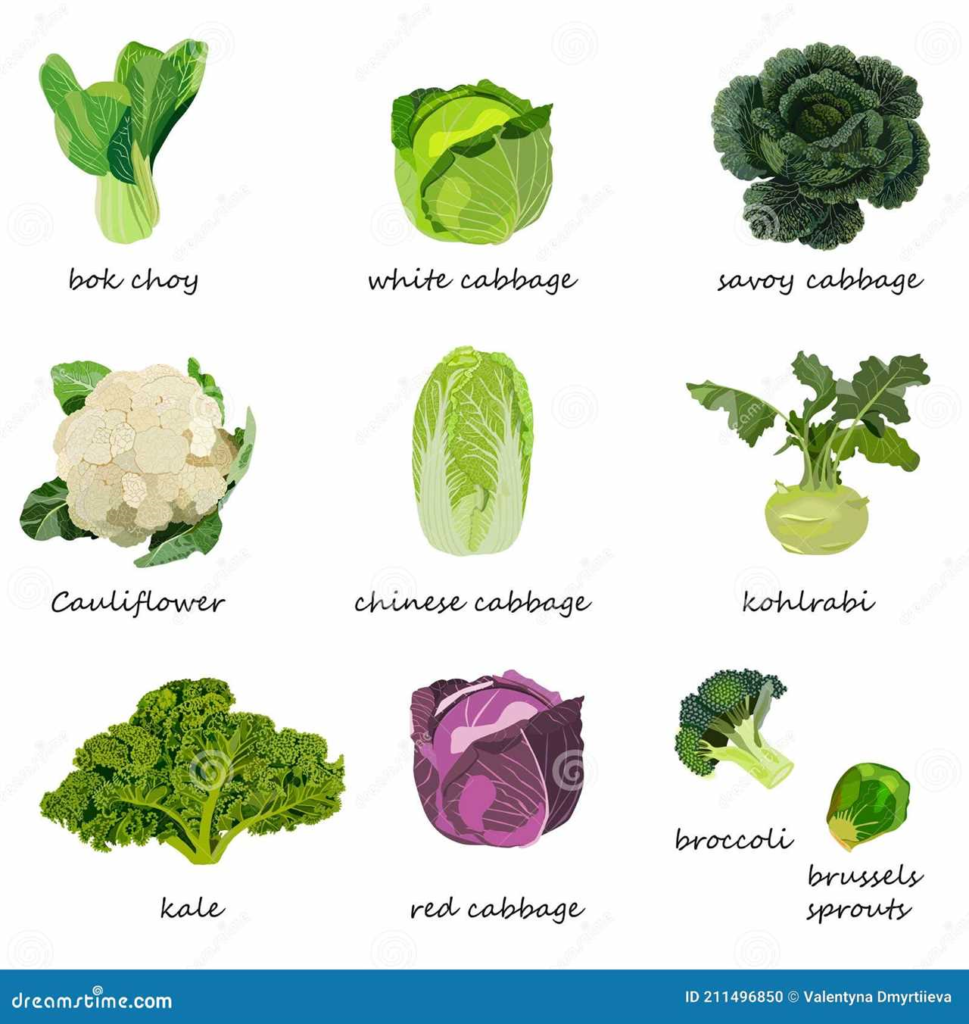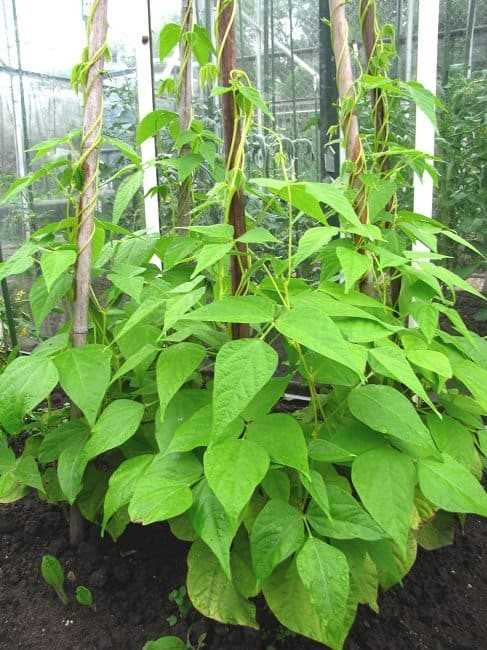Aanbevolen producten

Heeft u vragen? Aarzel niet om ons te contacteren voor hulp!
Premium kwaliteit
Biologische producten voor u! Wij zijn trots op onze producten, gekweekt met liefde en respect voor de natuur. Ontdek zelf de kwaliteit van onze producten, die een uitstekende aanvulling zullen zijn op uw gezonde levensstijl!






